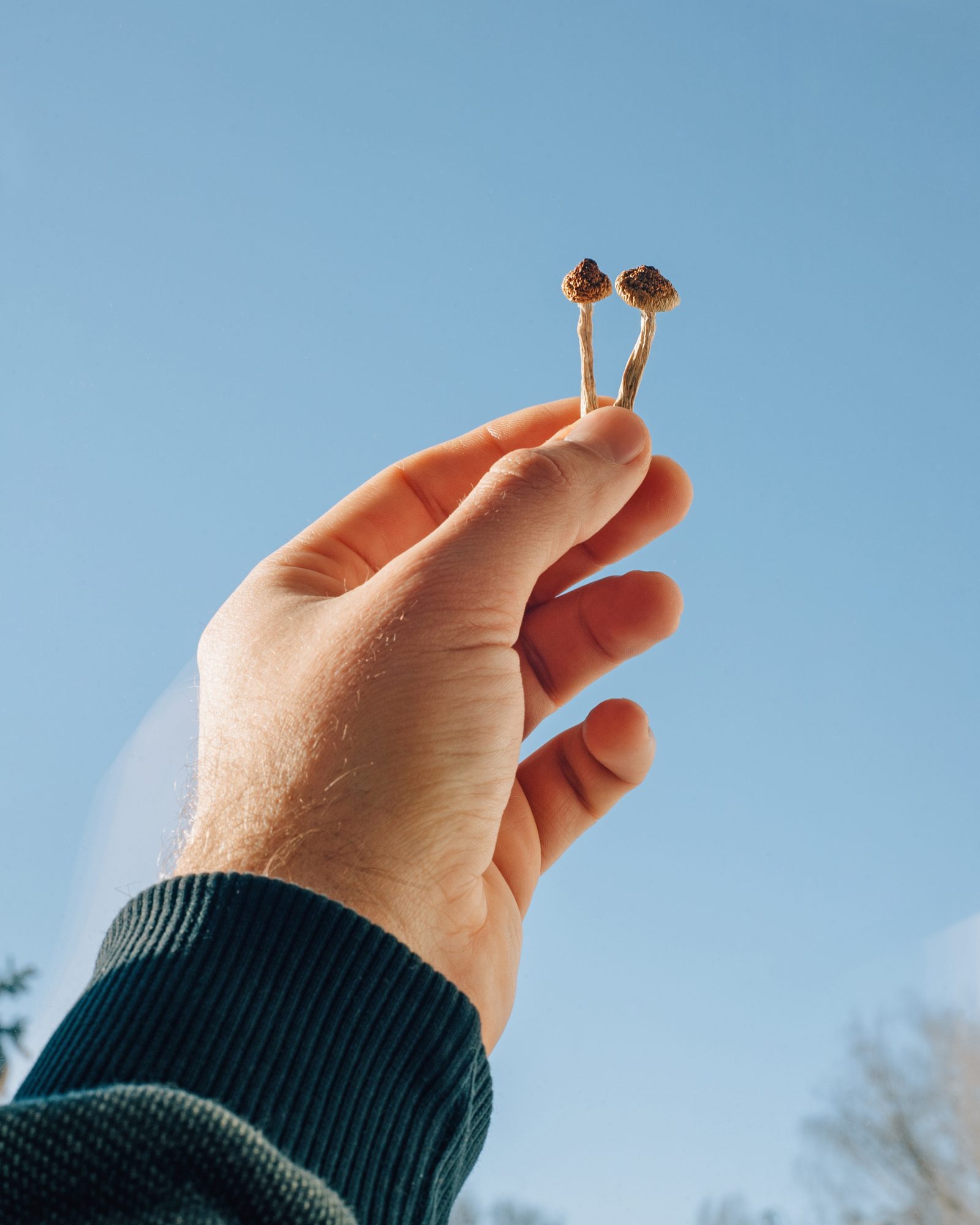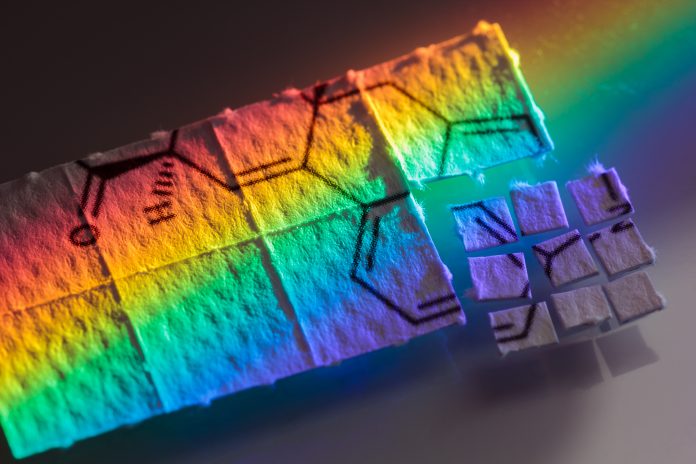Kath Temple, Psychologist, discusses the history, politics and science behind LSD and magic mushroom microdosing in this exclusive interview for Open Access Government
Prince Harry recently revealed in his memoir, Spare, that he used psychedelics to help cope with the loss of his mother. Other famous individuals, including Steve Jobs and Bill Gates, have also famously said they dabbled in LSD in their youth. Could psychedelic drugs and mushroom microdosing be the future?
Now, increasing numbers of people are experimenting with psychedelic drugs and ‘microdosing’ on very small amounts of psychedelics such as magic mushrooms and LSD to help increase productivity, creativity and overall psychological well-being.
31% of people experimented with psychedelics
A survey by Goldster revealed of the participants taking part, 31% had taken psychedelics at some point in their lifetime. Of these, 20% were over 65s, while 33% of those under 65s admitted to trying them.
Regarding LSD and magic mushroom microdosing, over one in four (26%) respondents said they would try the practice to improve their psychological well-being, with a further 19% saying they might consider it.
In terms of age breakdown of this, over one in four (27%) of those over 65 would try LSD and magic mushroom microdosing, versus just one in 10 under 65s.
It was found that 23% of all respondents were already aware of the therapeutic benefits of LSD and magic mushroom microdosing.
Why do psychedelics have such a bad name and reputation?
The war on drugs in the 1970s, driven by President Nixon, stopped the research work being done on psychedelics for almost 50 years. The propaganda against them was relentless and ongoing. Psychedelics became wrongly associated with the anti-war movement and the hippies, free love, and the peace movement in Nixon’s attempt to discredit them, those who were working with them, and those who were taking them. The media also sensationalised issues with ‘bad trips’ as they became known. Perhaps those in power don’t like love and peace and prefer to make war. Yet as Harvard Psychologist Timothy Leary’s work showed so clearly, psychedelics can make a real difference to some people and bring in a profound sense of inner peace and connectedness, shifting negative patterns, and giving a new lease on life.

What can we do to make people take them seriously?
The ongoing neuroscience research being done at universities across the world will give much greater acceptance and respect for the role that psychedelics can play in treating mental health issues and addiction issues. There are now government-funded studies into the impact of psychedelics on mental health and addictions, and much more research is being done by universities such as Imperial College London, UCLA, John Hopkins University, NYU, and many others. UK Regulators MHRA has given the go-ahead for research studies into DMT for depression. DMT is one of the active ingredients found in Ayahuasca. This work is being done at Imperial. Clerkenwell Health Ltd are also doing trials.
Why do you think the younger generation is less likely to try psychedelics?
My view is that young people today are more socially conscious. Unicef’s global poll of young people showed they were more optimistic than previous generations and more globally aware.
70% fewer young people are likely to smoke, and this trend continues across other behaviours – they are also less likely to drink. Perhaps that connectedness and awareness, along with the reluctance to drink or smoke, means they will experiment less with psychedelics.
For some, LSD and magic mushroom microdosing is the future.
How can psychedelic drugs help people?
LSD, Psilocybin, DMT and MDMA are all useful in treating mental health issues like depression, anxiety, PTSD, and OCD, and they are useful for breaking addictions. They are not addictive and also have a low potential for misuse. On the other hand, you have widespread prescriptions for benzodiazapines, which are highly addictive. People are often on anti-depressants and benzodiazepines for life with little impact on their conditions, yet following just one treatment with psychedelics they can overcome those issues.
MRI scans show that psychedelics increase the connectivity between different brain regions. Studies have shown that psychedelics can help people to be more insightful, more open and connected with others; there’s a shift in awareness that gives them much better relationship skills. Psychedelics can give them greater self-acceptance and motivate them to change for the better. People became aware of the patterns and habits that didn’t serve them and were able to overcome and change those patterns. People have reported more meaning and purpose in their lives, a recognition of a higher consciousness, a bigger world than the self-focus they’d had, and a connectedness to a bigger energy than themselves, sometimes a sense of a growing spirituality, and a great reduction in stress and worry. More gains in mental health can be made in just a few hours rather than a lifetime of being on prescription medications that can be addictive and ineffective.
Psychedelics also make people less likely to be violent or commit crimes. Timothy Lear’s groundbreaking work in prisons with offenders he gave LSD to gave a powerful return of a 0% reoffending rate. The reoffending rate is generally around 87%, so Leary’s work was revolutionary in its nature and its significant outcomes. He was greatly discredited for this work and jailed, but perhaps they should have given him the Nobel prize. His work just may have revolutionised society.











